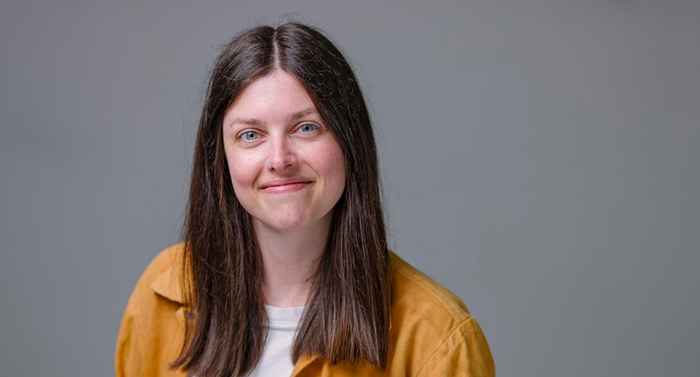Abortion Liberation: Reproductive Justice and Abortion Care in Latin America
Lecture by Cordelia Freeman
- Date
- 19 September 2025
- Time
- 15:30 -17:00
- Location
- Roeterseilandcampus - building A
- Room
- A2.10
This transformation is the development of a model of abortion care, called acompañamiento, that can lead to abortion liberation. Acompañamiento, or accompaniment, has been developed by grassroots activists in Latin America to support people to access abortions outside of medicalised frameworks, in ways that uphold their autonomy. Dr. Freeman draws on interviews with acompañantes (accompaniers) across the region to explore how they have harnessed the chemical properties of a stomach ulcer medication, misoprostol, to provide safe, empathetic, and highly effective abortion care in ways that reject state control and medicalisation. (Re)making knowledges around misoprostol and the reconfiguration of abortion care through acompañamiento has resulted in the transformation of reproductive justice and, as Dr. Freeman argues, the possibility for abortion liberation.
About the speaker
Cordelia Freeman is a Senior Lecturer in Human Geography at the University of Exeter, UK. Her research explores reproductive justice in Latin America, and in recent years she has been working on an ESRC and Wellcome Trust funded project on abortion mobilities in the region. Freeman’s work on the abortion pill misoprostol and the activism surrounding it has been published in journals including Signs, Annals of the AAG, Gender, Place & Culture, Mobilities and International Feminist Journal of Politics and is the subject of her book Magic Misoprostol: Reproductive Justice and Abortion Liberation in Latin America (Bristol University Press, 2025). Her latest research examines how communities in Latin America narrate toxicity in their reproductive lives.

